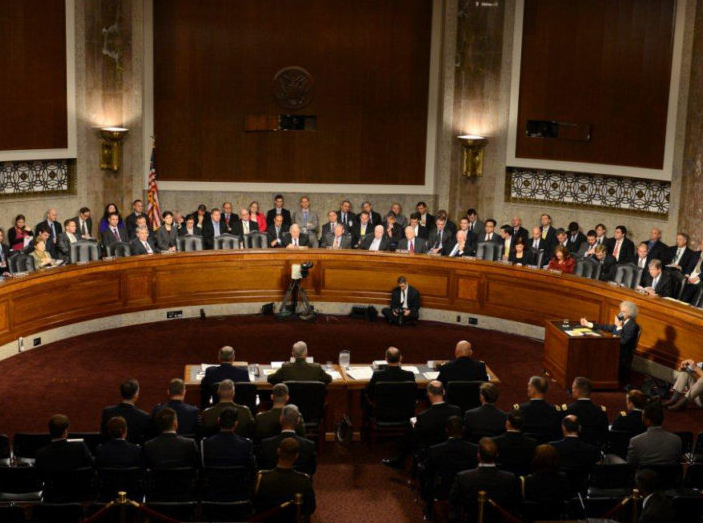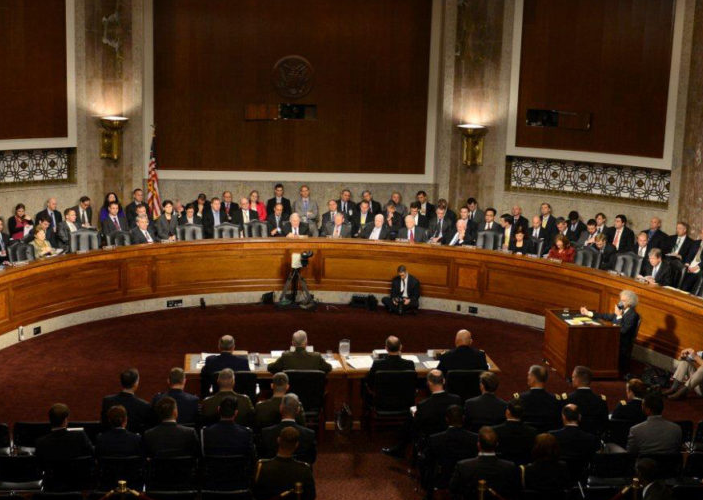In a bold move that could stall cannabis reform, a Republican-led House committee just approved a bill to stop the Justice Department from rescheduling marijuana. This decision comes as President Trump weighs in on the hot-button issue, leaving many wondering if federal pot policy will ever change. What does this mean for states and users?
Key Details of the Committee Vote
The House Appropriations Committee passed the spending bill on Wednesday, focusing on Commerce, Justice, Science, and Related Agencies. This measure includes language that blocks the Justice Department from using funds to reschedule or deschedule marijuana. It’s the second time this panel has pushed such restrictions, showing a clear GOP stance against easing federal rules on cannabis.
Lawmakers argue this protects communities, especially with new wording that ramps up penalties for sales near schools and parks. The bill keeps a long-standing rider that shields state medical marijuana programs from federal meddling. Supporters say it’s about safety, but critics call it a step back for reform.
This vote happened amid ongoing debates at the Drug Enforcement Administration, where rescheduling could shift marijuana from Schedule I to a less strict category.

Why Republicans Are Pushing Back
GOP members leading the charge worry about public health risks from wider marijuana access. They point to studies linking high-potency cannabis to mental health issues, like a 2023 report from the Substance Abuse and Mental Health Services Administration showing increased emergency room visits tied to marijuana use.
The pushback ties into broader conservative views on drug policy. For instance, nine Republican lawmakers recently urged the attorney general to reject rescheduling, calling it flawed and corrupt in a letter from two weeks ago.
Opponents of the bill say it ignores growing public support for legalization. Polls from Gallup in 2024 found 70% of Americans back legal marijuana, up from prior years.
This isn’t just politics; it affects everyday people relying on cannabis for medical needs.
Impact on States and Cannabis Users
States with legal marijuana programs might feel the heat if this bill becomes law. While the measure protects medical cannabis from federal interference, the added penalties could lead to more crackdowns in sensitive areas.
Here’s how it breaks down for key groups:
- Medical patients: They keep protections, but access might tighten near public spots.
- Recreational users: No direct hit yet, but blocked rescheduling means federal taxes and banking issues persist.
- Businesses: Cannabis companies face ongoing hurdles without Schedule III status, which could allow deductions and easier loans.
A 2025 study by the Cannabis Policy Project estimates that rescheduling could boost the industry by $2 billion annually through better tax treatment. Without it, growth stalls.
For users, this means continued legal risks in federal eyes, even in legal states.
The divide highlights tensions between state rights and federal control.
Broader Context in Federal Drug Policy
This bill fits into a pattern of congressional wrangling over marijuana. Last year, a similar House proposal to block rescheduling got stripped from the final budget, showing these fights can shift.
President Trump has signaled he’ll decide on rescheduling soon, but with this GOP roadblock, his hands might be tied. The Senate version of the bill omits the blocking language and keeps medical protections intact, setting up a potential clash.
Experts say this could delay reforms that address racial disparities in drug arrests. Data from the ACLU in 2020 showed Black Americans are nearly four times more likely to be arrested for marijuana possession than whites, despite similar usage rates.
Looking ahead, advocates hope for full descheduling, but that seems far off.
The debate underscores America’s evolving views on cannabis, from prohibition to potential acceptance.




